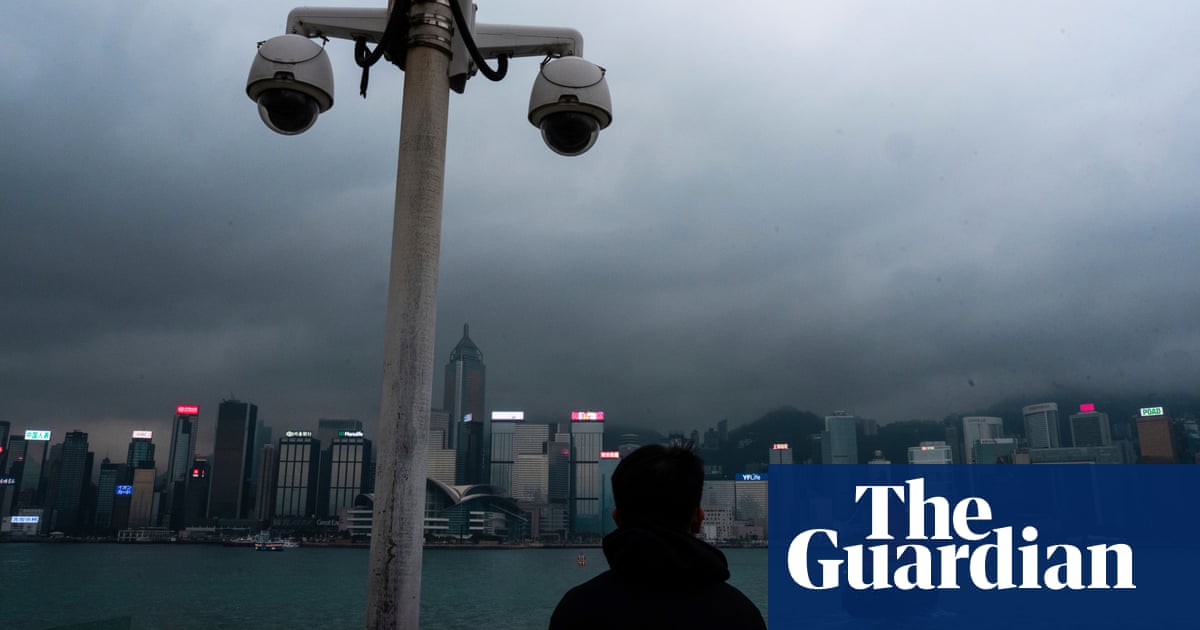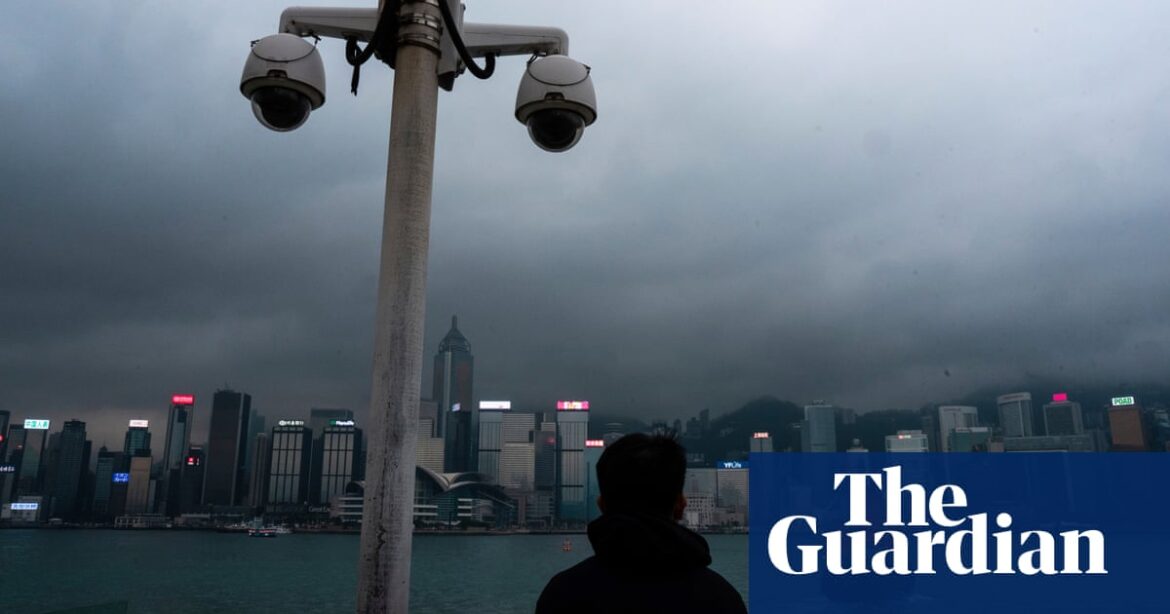
A man in Hong Kong has pleaded guilty to sedition for wearing a T-shirt with a protest slogan, becoming the first person to be convicted under the city’s controversial national security law known as Article 23, passed in March.
Chu Kai-pong, 27, pleaded guilty to one count of “doing acts with seditious intent”.
Under the new security law, the maximum sentence for the offence has been increased from two years to seven years in prison and could even go up to 10 years if “collusion with foreign forces” is found to be involved.
Chu was arrested on 12 June at an MTR station for wearing a T-shirt with the slogan: “Liberate Hong Kong, revolution of our times” and a yellow mask printed with “FDNOL” – the shorthand of another slogan “five demands, not one less”.
Both slogans were frequently chanted in the huge pro-democracy protests of 2019.
Chu, who has been held in prison for three months, told police that he wore the T-shirt to remind people of the protests, the court heard.
Chief magistrate Victor So, handpicked by the city’s leader, John Lee, to hear national security cases, adjourned the case to Thursday for sentencing.
Hong Kong was returned from Britain to China in 1997 under Beijing’s promise its freedoms, including freedom of speech, would be protected under a “one country, two systems” formula.
Beijing imposed a national security law in 2020 punishing secession, subversion, terrorism or collusion with foreign forces with up to life in prison, after the months-long protests in the financial hub. It has since been used against dozens of pro-democracy figures, including journalists and former politicians.
In March 2024, Hong Kong passed a second security law – a homegrown ordinance also known as Article 23, according to its parent provision in the city’s mini constitution, the Basic Law. Authorities said both laws would be used side by side.
Critics, including the US government, have expressed concerns over the new security law and said the vaguely defined provisions regarding “sedition” could be used to curb dissent. The new law expands the British colonial-era offence of sedition – which has also been increasingly used against dissidents – to include inciting hatred against China’s Communist party leadership.
Hong Kong and Chinese officials claim it was necessary to plug “loopholes” in the national security regime.
Source: theguardian.com



